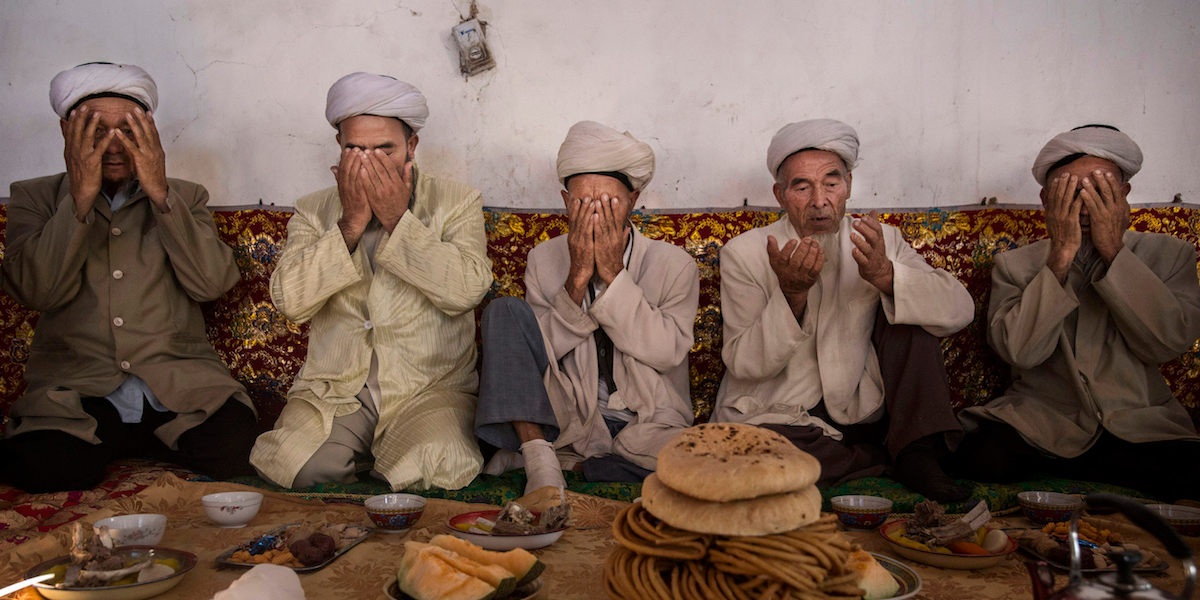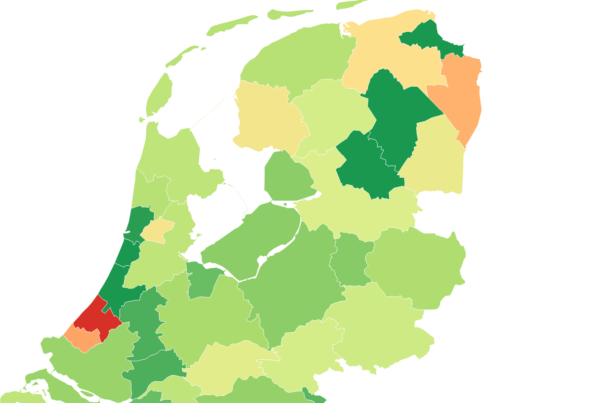- The Uighurs are a mostly-Muslim ethnic minority concentrated in western China. The Communist Party sees them as terrorists and has detained at least 1 million of them in recent years.
- Leaked internal documents published by The New York Times show the extent of Chinese efforts to suppress the Uighurs and deflect criticism.
- A seven-page manual instructed officials to tell Uighur students returning home that their relatives had been imprisoned “because they have come under a degree of harmful influence in religious extremism and violent terrorist thoughts.”
- The officials were instructed to liken the relatives’ conditions to cancer or other diseases.
- In a Monday press conference, China did not deny the authenticity of the documents but accused The Times of trying to smear its counterterrorism tactics.
- Visit Business Insider’s homepage for more stories.
China’s Communist Party has a special manual instructing officials on how to deal with Uighur university students who get back to find that their families have been imprisoned as part of the mass repression of the Uighur people.
It includes help for dealing with questions about how and why their families were taken away, according to leaked internal documents published by The New York Times on Saturday.
The Uighurs are a mostly-Muslim ethnic minority largely based in Xinjiang, in western China. Many Uighurs call the region East Turkestan.
Under President Xi Jinping, China has installed a high-tech police state in the region and detained at least 1 million Uighurs in prisons and camps. Former detainees have described physical and psychological torture in those centers.
The 403 pages of internal documents published by The Times detail the extent of China's efforts to deflect questions and criticism of unprecedented crackdown.
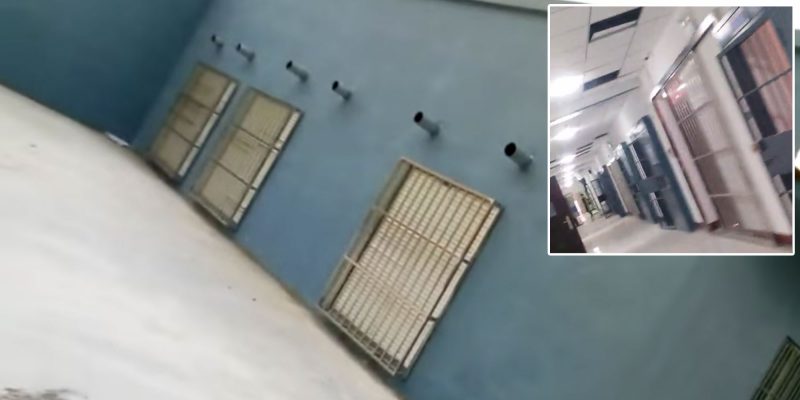
One of the most striking parts is a question-and-answer briefing to explain to family members left behind why their relatives are gone. The document encouraged officials to liken the detained relatives' mental state to a serious, contagious disease like severe acute respiratory syndrome, or SARS, that requires the quarantine of the Uighur detention camps.
In a Monday press conference, Geng Shuang, a spokesman for China's foreign ministry, did not deny the authenticity of the documents but accused The Times of misinterpreting them and "smearing" China's counterterrorism tactics.
He also praised the effectiveness of the country's deradicalization efforts, saying that Xinjiang had not experienced any violence of three years because of them.
A 'chillingly bureaucratic' guide to repression
The documents include instructions for local officials to corner Uighur students returning home, as soon as they arrive, to stop them from speaking more widely about what is going on.
A seven-page guide for officials in Turpan City, in eastern Xinjiang, includes 13 questions and model answers to tell students when they ask about their vanished families. The Times described it as "chillingly bureaucratic."
When students ask where their relatives are, officials were told to say, "They're in a training school set up by the government to undergo collective systematic training, study and instruction."
Many Uighurs have been arrested or forced into detention on flimsy charges, such as texting people outside Xinjiang or setting their clocks two hours ahead of Beijing's time zone to align with Xinjiang's natural daylight schedule.
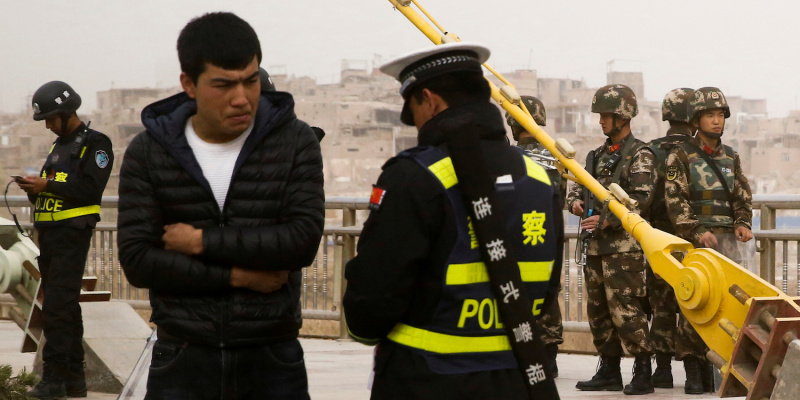
The document also told officials to say that detainees "have very good conditions for studying and living there" and that tuition, food, and living arrangements are all free.
Former detainees have described detention centers as overcrowded, with almost nonexistent hygiene standards. They have also recalled being shackled to chairs and forced to sing propaganda songs to get food.
Officials were also instructed to tell Uighur students that their relatives had been sent away "because they have come under a degree of harmful influence in religious extremism and violent terrorist thoughts" that could lead to "severe" consequences if they acted on them.
If asked why relatives have to be detained to receive their "training," officials should liken their condition to a disease or cancer that requires a quarantine, the document says.
"If you were careless and caught an infectious virus like SARS, you'd have to undergo enclosed, isolated treatment, because it's an infectious illness," the officials were told to say, referring to the deadly respiratory disease.
"If you weren't thoroughly cured, as soon as you returned home you would infect your family with this virus, and your whole family would fall ill."
Another part of the document says that officials should say that the "training" has to be done being closed doors because "otherwise, they will never be able to thoroughly eradicate this stubborn cancer in their thinking and could easily again be swindled and exploited."
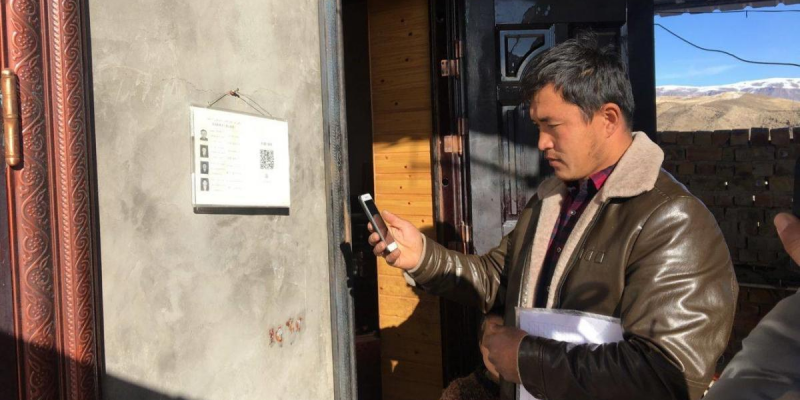
Officials were also instructed to tell students to be grateful that their family members were receiving this "free education."
"Treasure this chance for free education that the party and the government has provided to thoroughly eradicate erroneous thinking, and also learn Chinese and job skills," officials were told to say. "This offers a great foundation for a happy life for your family."
Many relatives of detained Uighurs in Xinjiang say their relatives are professionals - such as doctors and editors - and do not need vocational training.
China has acknowledged the existence of some "re-education camps" but repeatedly denied any reports of torture.
The East Turkistan National Awakening Movement last week published the locations of 465 prisons and detention centers. The activist group said at least 72 of those camps had not been declared before, suggesting that Chinese authorities may be expanding the detention program.
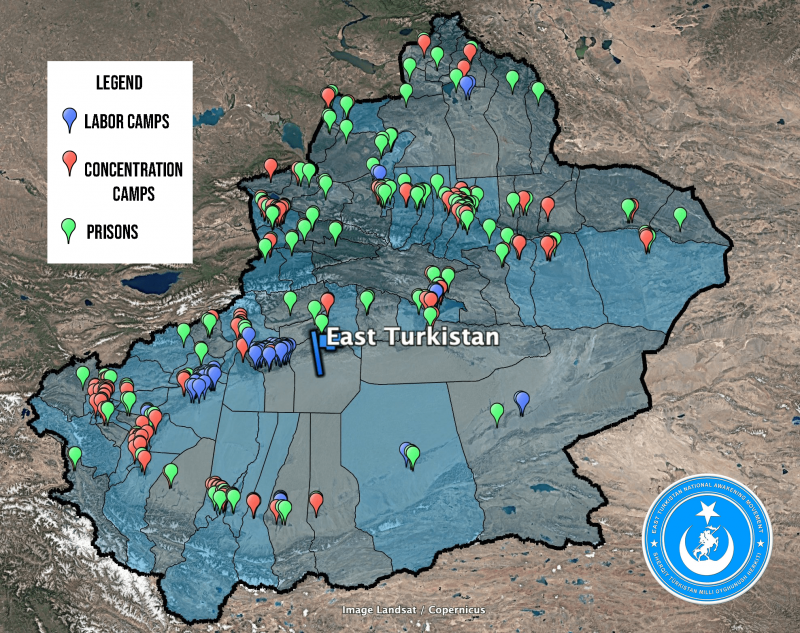
The Times' tranche of documents also contains other shocking details about China's crackdown, including that:
- Xi told officials as early as 2014 to ignore criticism about Xinjiang.
He said in a closed-door meeting in May 2014, according to The Times, "Don't be afraid if hostile forces whine, or if hostile forces malign the image of Xinjiang."
Officials have batted away foreign criticism - including from the US and the UN - over China's human-rights record, insisting that what happens in Xinjiang is an internal matter, even though many of those detained are actually citizens of other countries.
Last month, China's UN ambassador also warned that criticism over Xinjiang could jeopardize US-China trade talks.
- Authorities set numeric targets for Uighur detentions in various parts of Xinjiang.
Regional officials were under "relentless" pressure to detain Uighurs and prevent ethnic violence, The Times said.
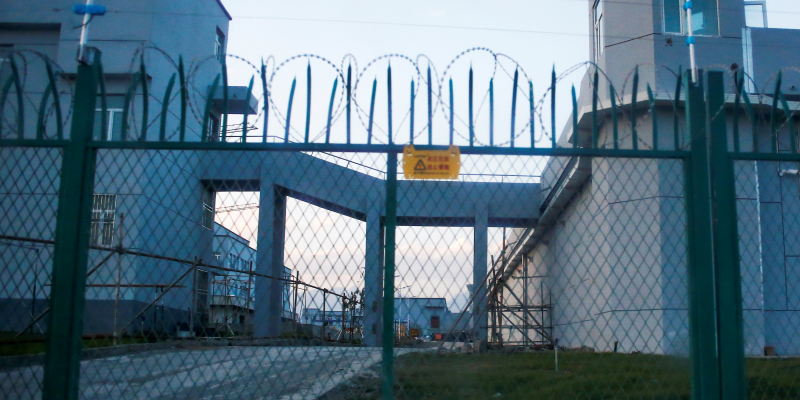
- One official had privately expressed misgivings about the crackdown - and his confession, likely signed under duress, was circulated among the Communist Party as a warning to others.
The government opened more than 12,000 investigations into officials in Xinjiang who did not closely follow its instructions to monitor and detain Uighurs, The Times reported, citing official statistics. But the story of Wang Yongzhi, an official in the western Yarkand county, was circulated most widely.
According to The Times, Wang had complained that the party's detention targets did not align with its economic ambitions for Xinjiang and secretly ordered the release of 7,000 Uighur prisoners.
He stopped being seen in public after September 2017, and months later the party said it was investigating him for "gravely disobeying the party central leadership's strategy for governing Xinjiang," The Times said.
He later signed a confession, likely under duress, saying that he drank heavily on the job and "broke the rules" of the Communist Party.
The document was circulated widely and read aloud to Xinjiang officials to warn that any infractions could lead to a similar demise, according to The Times.
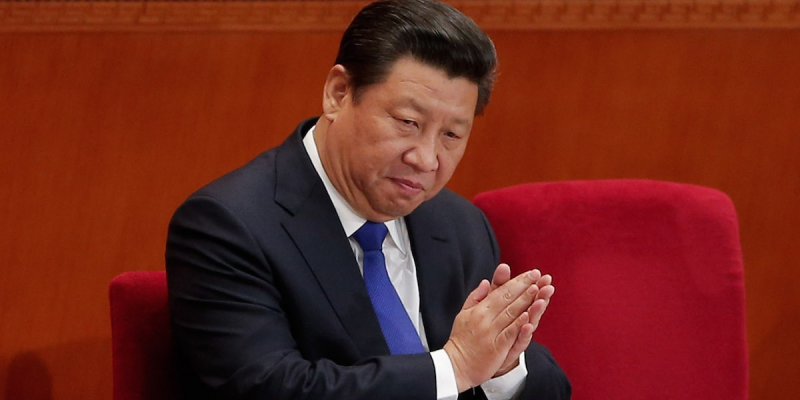
The document leak to The Times hugely undermines Xi's grip on power. He has ruled the Communist Party with an iron fist and has since his ascension to the presidency in 2012 purged dozens of officials in a nationwide "anti-corruption" drive.
The leaker was not named, identified by The Times only as "a member of the Chinese political establishment" who "expressed hope that their disclosure would prevent party leaders, including Mr. Xi, from escaping culpability for the mass detentions."
Read the New York Times report »
- Read Business Insider's coverage of the Uighurs:
- Muslims in China's most oppressed, closed-off region are turning to China's version of Gen Z favorite TikTok to communicate with the world
- Relatives of China's oppressed Muslim minority are getting blocked online by their own family members, who are terrified to even tell them how bad their lives are
- Rape, medical experiments, and forced abortions: One woman describes horrors of Xinjiang concentration camps
- This man's family vanished in China's most oppressed region. The next time he saw his son was 2 years later, in a Chinese propaganda video.

